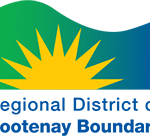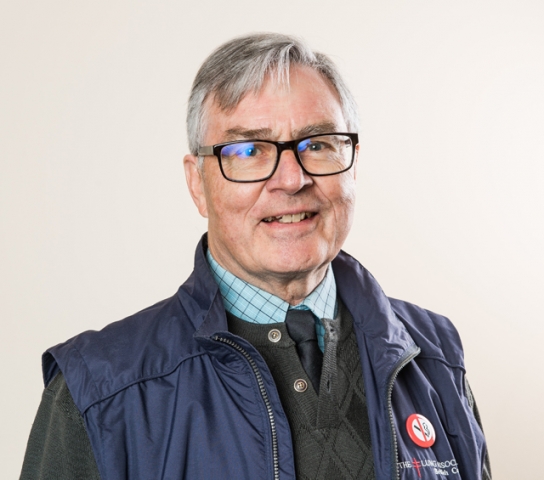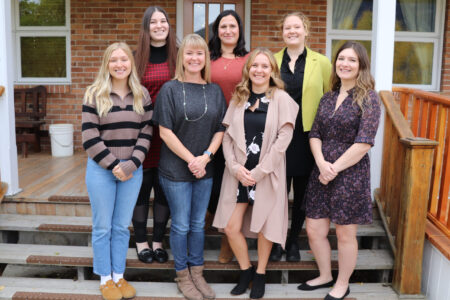Time to Become Concerned about TB
When Stephen Lewis speaks about tuberculosis, he doesn’t restrain his words.
The world is showing “far too much strangled deference when it comes to fighting TB,” Lewis told a standing room crowd in a passionate speech at a recent Vancouver conference.
“It’s time to take TB as a cause celebre,” he added, urging TB activists to go to the “metaphorical barricades” to build political will and action.
Tuberculosis is an infectious disease which despite being curable remains a destructive epidemic in much of the world. It is one of the top ten causes of death worldwide, responsible for more deaths than HIV and malaria combined.
Lewis, a former Canadian Ambassador to the United Nations and the UN Secretary General’s Special Envoy for HIV/AIDS in Africa, was the keynote speaker at the 21st annual conference of the International Union Against Tuberculosis and Lung Disease – North American Region.
He told the audience that 10.4 million people globally developed tuberculosis in 2015 and of those, 1.8 million died. He said 1 million who developed TB were under 15 years of age and of those 210,000 died.
“It will take 183 years to end TB at the rate the world is going,” Lewis said, adding that the world community is showing “such contempt for the human condition.”
Saying it is time to “name and shame”, Lewis singled out the United Nations International Children’s Emergency Fund (UNICEF) and former UN Secretary General Ban Ki-moon for not leading on the issue.
He urged the audience to talk with the new secretary general, advocate for a new agency to fight TB, and demand that UNICEF “get off its rear end.”
World TB day is March 24
Lewis’ words are particularly relevant as we mark World TB Day 2017 on March 24.
This year, we commemorate the 135th anniversary of Dr Robert Koch’s announcement in 1882 of his discovery of the TB bacillus, the cause of tuberculosis. His groundbreaking research opened the way toward diagnosing and curing this disease.
World TB Day is an opportunity for people everywhere to join this fight by helping to educate others about TB and by urging governments to take action.
While Canada is not among the 30 world countries where TB is of high incidence, we should not rest on our laurels.
According to Dr. Edward Ellis, manager of TB Prevention and Control for the Public Health Agency of Canada, a new TB case is diagnosed in this country every six hours and someone dies of TB in Canada every two weeks. The world statistics are even more frightening according to Ellis who says a new case of TB is diagnosed every three seconds and someone dies of TB every 18 seconds.
“The TB situation in Canada is forgotten by most,” says Ellis.
While the global incidence rate has decreased from a peak of 172 per 100,000 people in 2000 to 142 per 100,000 in 2015, Dr. Lisa Adams told the Vancouver conference that the incidence rate in Nunavut, Canada is 234 per 100,000.
“In Canada, the incidence rate is 20 to 170 times higher in aboriginal versus non-aboriginal populations,” she added.
Tuberculosis is caused by a type of bacteriumcalled Mycobacterium tuberculosis. It is spread when a person with active TB disease in their lungs coughsorsneezesand someone else inhales the expelled droplets, which contain TB bacteria.
The high prevalence of TB in Canada’s aboriginal and northern communities is attributed to such factors as poverty, overcrowding, poorly ventilated housing, malnutrition, smoking, stress, social deprivation and poor social capital.
Other factors include disrupted social networks, social exclusion, reduced accessibility to health care, lack of egalitarian participation in society and lack of trust, understanding or respect for the health system.
You can help fight TB by donating money for TB research and urging politicians at every level to do the same. According to the World Health Organization an additional $2 billion a year is needed to implement existing TB interventions.
Find out more at https://stoptbcanada.org/, http://www.who.int/campaigns/tb-day/2017/en/ and https://bc.lung.ca/lung-disease
Michael Jessen is the Nelson and area volunteer director for the BC Lung Association.

























Comments